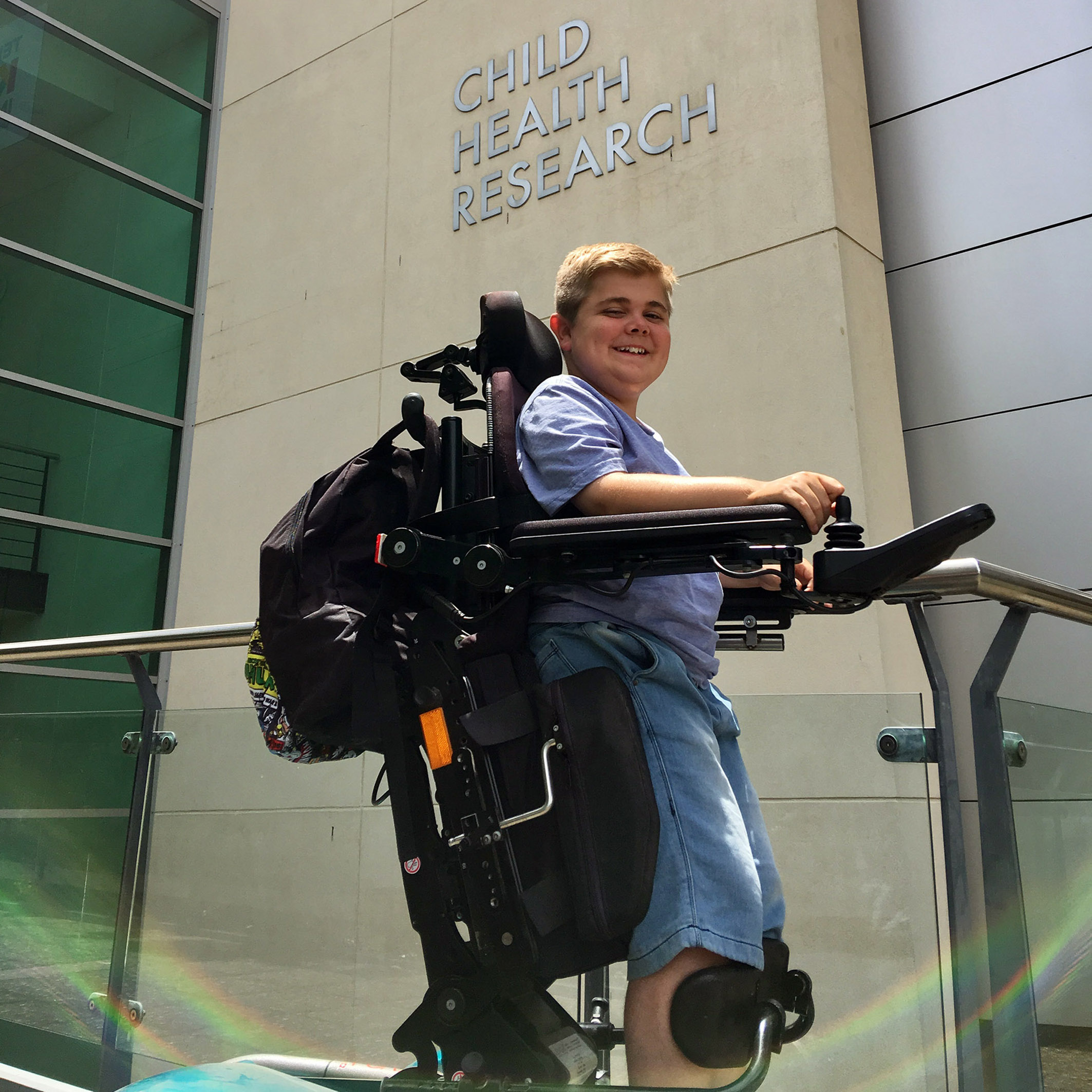Search
Research
Autism risk associated with parental age and with increasing difference in age between the parentsIncreases in ASD was not only limited to advancing paternal or maternal age alone but also to differences parental age including younger or older similarly age
Research
Prevalence and onset of comorbidities in the CDKL5 disorder differ from Rett syndromeThere were differences in the presentation of clinical features occurring in the CDKL5 disorder and in Rett syndrome.
Research
Population-based prevalence of intellectual disability and autism spectrum disorders in Western AustraliaThe prevalence of intellectual disability has risen in WA over the last 10 years with most of this increase due to mild or moderate intellectual disability
Research
Surgical fusion of early onset severe scoliosis increases survival in Rett syndrome: A cohort studyWe investigated the impact of spinal fusion on survival and risk of severe lower respiratory tract infection in Rett syndrome.

News & Events
Research enriching the lives of girls with Rett syndromeA program developed by The Kids Research Institute Australia researcher Dr Jenny Downs has led to dramatic improvements in the functioning of Chinese children with Rett syndrome, and could change the world.

News & Events
Funding to support research into the impact of standing wheelchairsThe Kids researchers are investigating the physical and psychological impacts of powered standing wheelchairs for boys suffering from Duchenne
Research
A process and impact evaluation of use of a Powered Wheelchair Standing Device by boys with Duchenne muscular dystrophyGraham Jenny Peter Hall Downs Jacoby BAppSci PhD CRFS FANZSRS FThorSoc FERS BApplSci (physio) MSc PhD BA (Hons) MSc Honorary Research Associate Head,
Research
Determinants and Outcomes of Preterm Birth & Pathways into Developmental DisordersBrad Carrington Fiona Farrant Shepherd Stanley BSc (Hons), PhD PhD FAA FASSA MSc MD FFPHM FAFPHM FRACP FRANZCOG HonDSc HonDUniv HonFRACGP HonMD
Research
Does gastrostomy improve the lives of children with severe disability and their families?Approximately 13,000 children in Australia live with moderate to severe intellectual disability.
Research
Down Syndrome Clinical Trial- BTD-001Helen Jenny Peter Leonard Downs Richmond MBChB MPH BApplSci (physio) MSc PhD MBBS MRCP(UK) FRACP Principal Research Fellow Head, Child Disability
